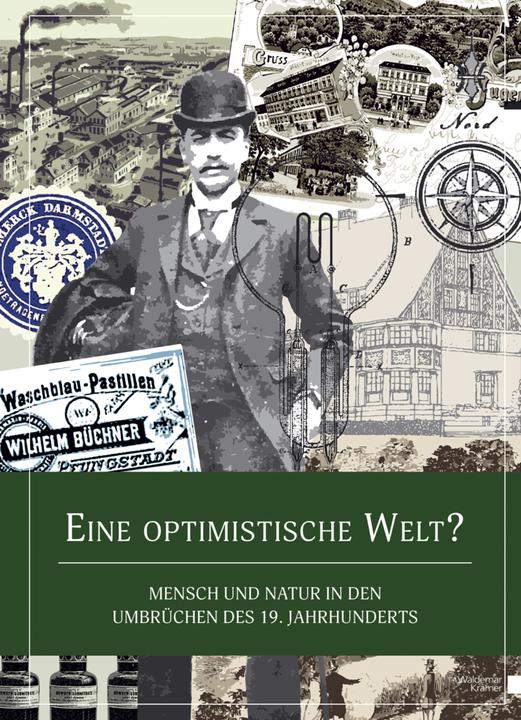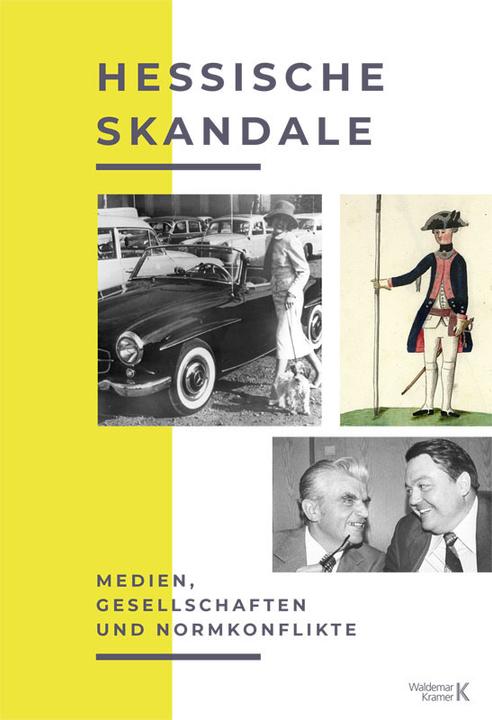
Best Waldemar Kramer products in the Non-fiction category
On this page you'll find a ranking of the best Waldemar Kramer products in this category. To give you a quick overview, we've already ranked the most important information about the products for you.
1. Waldemar Kramer Hessische Skandale
Scandal research has recently been booming in innovative research fields such as media studies and cultural studies. The main attention is not paid to the supposedly "scandalous" events, but to the question of how the scandal is produced and to the society that makes these scandals possible. Social and media history research approaches offer a completely new view of the past and thus also of archival sources. What do archival records say about secrets, moral codes, norm violations, and scandals? What reality does archival material depict? Such fundamental questions about archival sources arise quite consistently from these research approaches. The interdisciplinary conference will thus also explore the limits of depicting social-cultural realities and at the same time offer new perspectives for approaching history. Looking at scandals, their generation and their channels of communication opens up new perspectives on history and the sources with which it can be (re)constructed again and again.

2. Waldemar Kramer Die Kunst gehört allen
Mr. Ernst, how did you discover art for yourself? We need to look back to the 1970s. In 1971, I started working as an employee at the company that I later took over many years later. The company was an American-Japanese joint venture that aimed to establish manufacturing and sales of drives in Europe. Our task was to sell drives that we sourced from Japan and the USA, but the business in Germany was struggling. So, I traveled a lot abroad, usually two days a week. During these business trips by train – at that time the company had little money – I eventually started visiting museums on rainy weekends.
Did you grow up in an art-friendly environment at home? Were museum visits part of the family program? Not at all. And at the secondary school in Hofheim that I attended, there was one visit to the swimming pool and one to a museum scheduled each year. In fact, if I remember correctly, we only went to a museum once. It was a foreign world for me.
Which museum did you visit first on your own? It was the Musée Picasso in Paris at the end of 1985. The most important exhibits there were actually not abstract but figurative. Picasso was a master at giving faces a unique, distorted form, for example, those profile views where the eyes are aligned parallel to each other. These images, especially the colors, fascinated me even back then. Earlier, I think it was in 1982, I visited the Musée d'Orsay with our French representative. A beautiful old train station in Paris. I don't remember what was on display, but I can still recall the huge, impressive station clock. I later went back there for exhibitions of art, some of which were also abstract art.
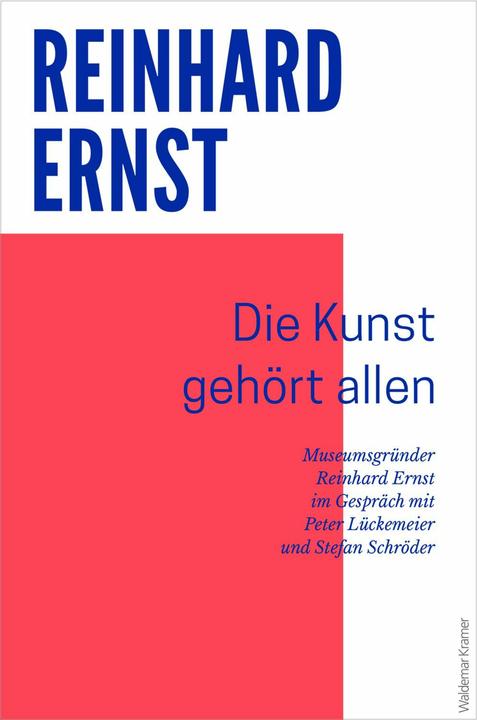
Die Kunst gehört allen
German, Reinhard Ernst, Peter Lückemeier, Stefan Schröder, 2024
3. Waldemar Kramer Italienische Oper in Homburg
Italian opera was performed in the 19th century despite the growing influence of French opera on all major stages around the world. By a fortunate coincidence, in 1841, the founders of the French gaming industry, François and Louis Blanc, came to Homburg and invested in the construction of a new spa house with a spacious theater hall and in the city's infrastructure in 1863. Their plan to make the small residential town a preferred travel destination for a wealthy society from all over Europe, both through the gaming house and an attractive opera program, was successful. From 1864 to 1872, an extensive, internationally recognized opera program featuring famous stars like Adelina Patti and Roberto Stagno could be offered every summer for two to three months. Many press reports, particularly from the Milanese Trovatore, are filled with enthusiasm and convey a vivid picture of this glorious era of Homburg.
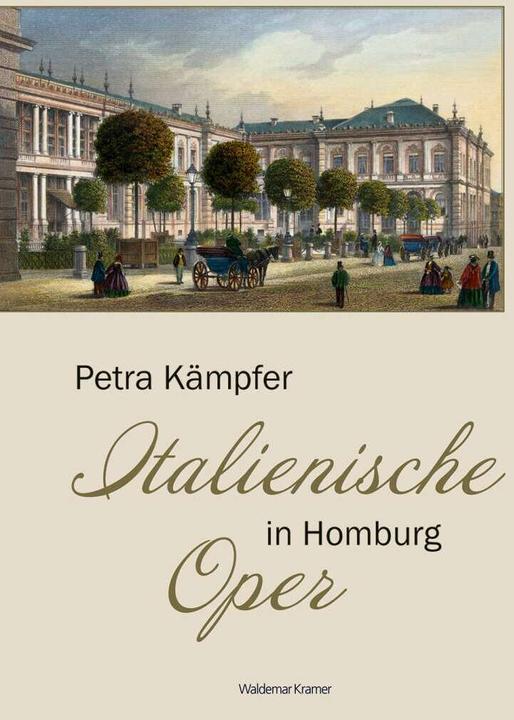
4. Waldemar Kramer Die Battenbergs
In the beginning there was an unseemly love marriage. And today their descendants sit on European royal thrones, the Battenbergs - also known as Mountbattens - whose ancestral seat is in Seeheim-Jugenheim on the Bergstrasse, were and are related to just about every European royal house of the 19th and 20th centuries. Indeed, the tsars Alexander II and Nicholas II sought out Heiligenberg Castle as a summer retreat until 1910; their world empire was ruled from there during that time. In this book, 13 historians from Germany, England and Bulgaria trace the surprising success story of this family. A detailed family tree, numerous historical illustrations and current photographs of the ancestral seat make the accounts additionally vivid.
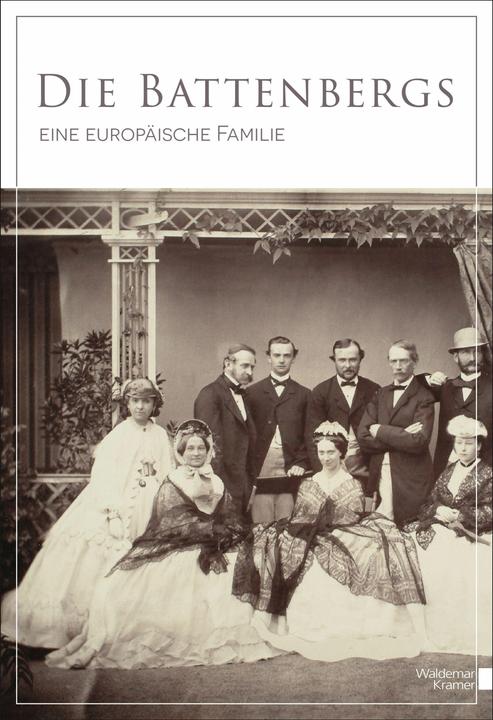
Die Battenbergs
German, Rainer von Hessen, Joachim Horn, Alexander Jehn, Hans Sarkowicz, 2024
5. Waldemar Kramer Die Stadt der Eisenbahn wird zum Europaviertel
In our time, change is a constant companion. Fading images, perhaps nostalgically idealized in hindsight, often evoke a sense of melancholy. Who can still remember the railway maintenance works, the operational facility, and the freight and shunting yard in the Europaviertel in Frankfurt am Main? We pay tribute to this railway city and shed light on its transformation and historical roots. Similarly, the area of the fair, which can be referred to as the fair district, is examined: an exciting ensemble designed by various outstanding architects, yet known to only a few people outside of the fair visitors. The book addresses the planning and construction history and its outcomes. The interplay of changing framework conditions and many actors with differing interests is particularly illustrated by a conversation with a contemporary witness. Images by photographer Eibe Sönnecken depict the state of the Europaviertel in 2021 and 2022, rounding off the examination along with fundamental recommendations for future urban development projects at the end.
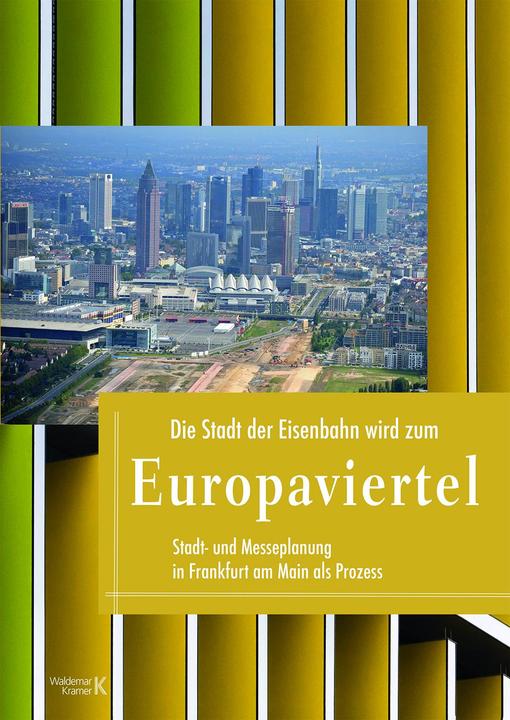
Die Stadt der Eisenbahn wird zum Europaviertel
German, by Dieter Lüpke, Georg Speck, 2023
6. Waldemar Kramer Hessen
What makes Hessen so unique? Our team of authors set out to find out. As journalists, they researched, read, listened and looked - on site. Their findings are therefore personally coloured, and the joy of discovery always resonates. The result is a portrait of a federal state that is constantly being shaken up and stimulated by new impulses like no other. Because no-one in Central Europe has ever been able to avoid Hessen. This was true for the legions of the Romans as well as for Huguenots, displaced persons from the German East or refugees from Syria and Ukraine. They all brought new and unfamiliar things with them. In Hessen, people have learned to deal with contrasts, to channel them and make them fruitful. This has resulted in unique successes in business and science, but above all a high level of tolerance towards those who think differently. Diversity is part of the DNA here.
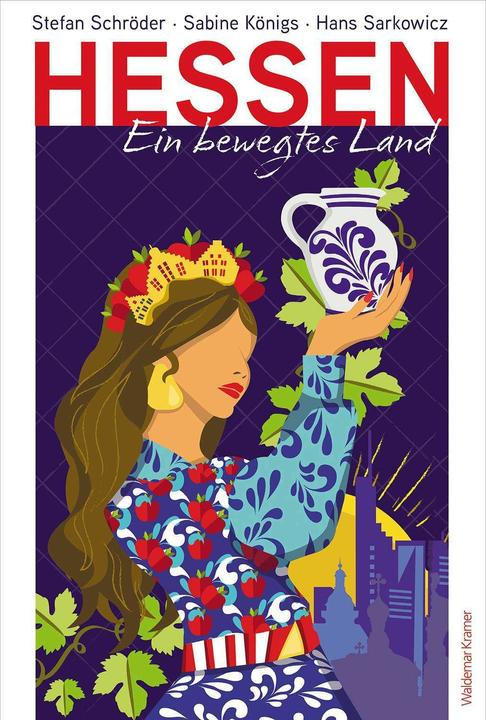
7. Waldemar Kramer Hessen im 20. Jahrhundert
A political history.
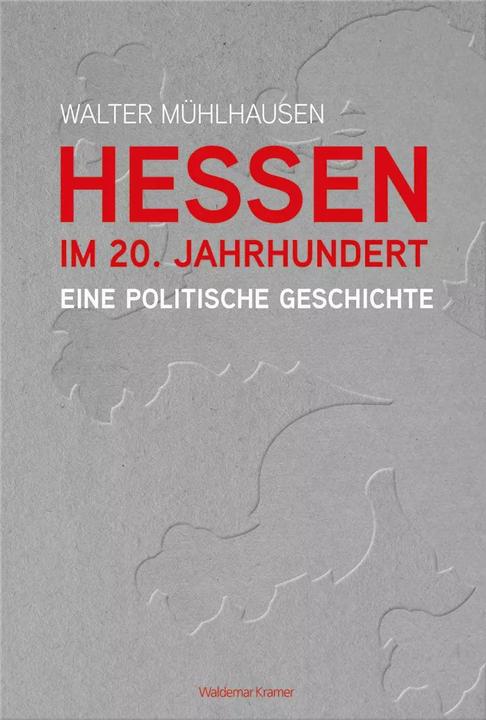
8. Waldemar Kramer Hessen in der Weimarer Republik
Few periods of German history seem to be as well-researched today as the 14 years of the first German democracy, which was destroyed by the National Socialist dictatorship in 1933. Yet, for a long time, this era was viewed merely as a period between the wars, a continuation of the history of the German Empire, and a prelude to dictatorship, even considered a stillborn child of the revolution. In contrast, the Weimar Republic is now regarded as an independent era with developmental potential and its own successes, particularly in having survived its turbulent early years. While the focus has long been on the conflicts of the Reich, the history of its individual states has been neglected but is now increasingly becoming the subject of study. This book on the history of Hesse during the Weimar Republic examines a region that, as a political entity, only existed in its current borders from 1945 onwards, yet was characterized by historical, ideological, and institutional interconnections even before that. It presents the political history of Hesse from 1919 to 1933, referencing economic, societal, and social developments to clarify this political landscape.
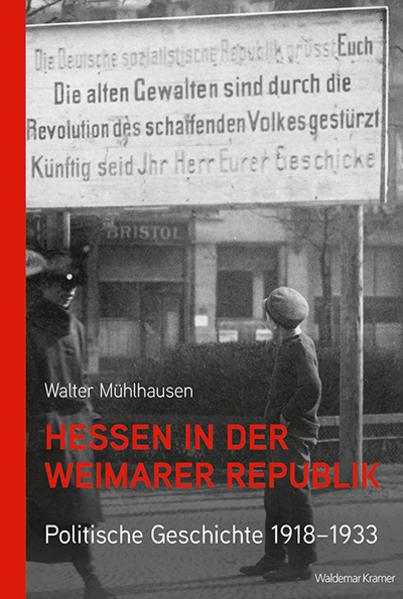
9. Waldemar Kramer Eine optimistische Welt?
The 19th century was an extremely diverse era marked by cultural, scientific, and political upheavals. The rapid social developments that began during this time continue to resonate today—the nation-state, the belief in progress, as well as the artistic breakthroughs of this period provide impulses for global developments that are still relevant, including in the Bergstrasse region. Schloss Heiligenberg near Seeheim-Jugenheim served as the backdrop for a first colloquium in October 2018, which focused on the castle as a meeting point for the Battenbergs with the international high nobility and European politics in the 19th century. The second colloquium in March 2020 now addresses the aforementioned developments that continue to be influential today, aiming to gain an understanding of the historical transformation processes of the 19th century, particularly concerning the Bergstrasse region, and to reflect on current developments based on that understanding. The volume edited by Dr. Joachim Horn and Jürgen Kerwer includes contributions from Prof. Dr. Birgit Aschmann on "The 19th Century - Breakthrough of Modernity?", Prof. Dr. Hermann Schäfer on "From Almshouse to the Threshold of Industrialization", Prof. Dr. Volkhard Huth on "Heiligenberg and Europe", and "Aesculapius on the Magic Mountain - the Sanatorium of Rudolf Laudenheimer and his Illustrious Guests", as well as from Prof. Frank Oppermann on "On Villa Architecture in the 19th Century and its Influence on Architecture in the Region".
